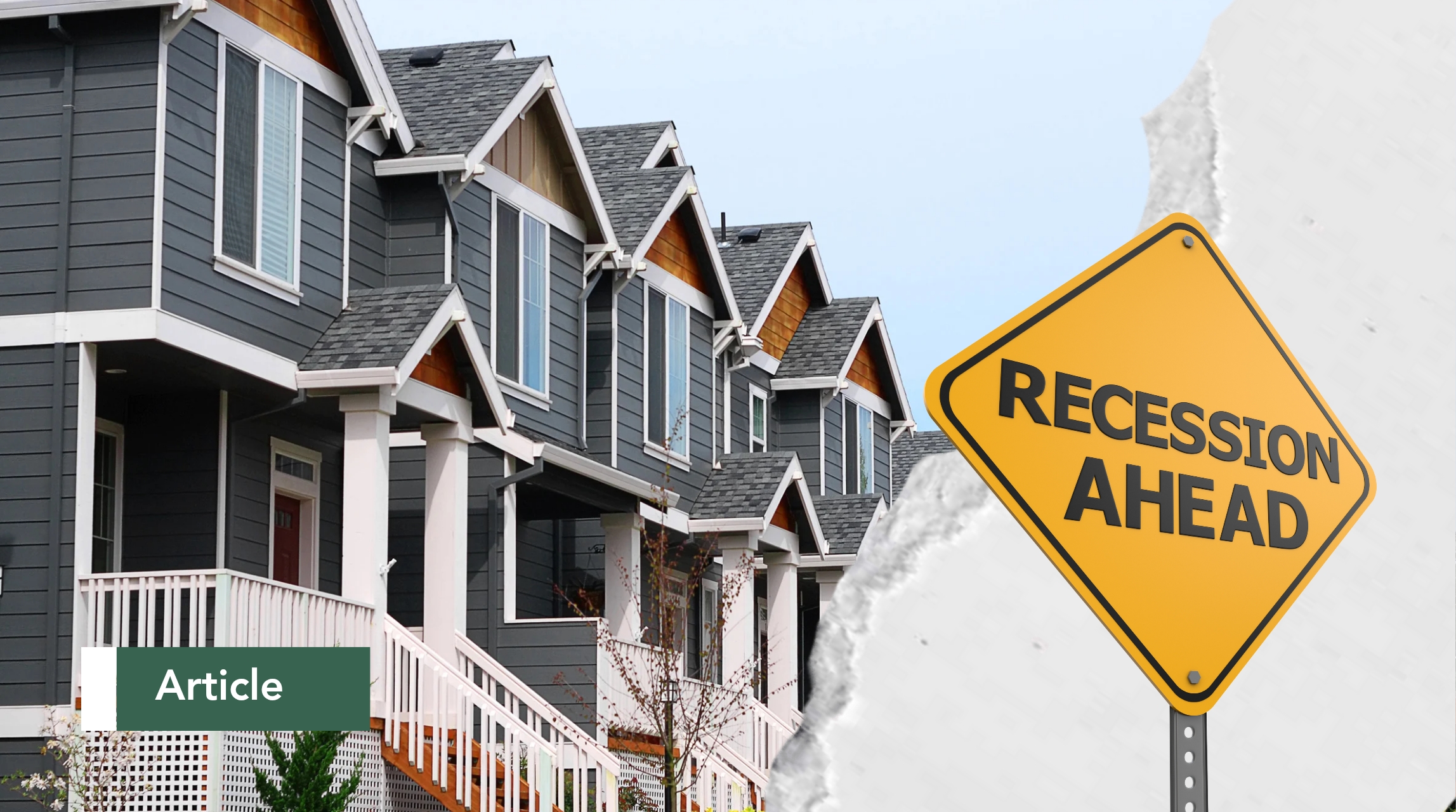In times of economic downturn, the real estate market often undergoes significant shifts. While recessions can introduce uncertainty, they also present strategic opportunities for investors, developers, and even individual buyers to minimize costs and position themselves for long-term gains.

Understanding how to leverage the unique conditions of a recession can make all the difference.
- Take Advantage of Lower Property Prices
Recessions typically lead to reduced demand in the housing market, causing property prices to decline. This is a prime opportunity for buyers to acquire real estate at a discount. Investors who maintain liquidity during such periods are better positioned to negotiate favorable deals, particularly on distressed or undervalued properties.
- Negotiate Favorable Terms
With many sellers eager to close deals during a downturn, there’s greater room for negotiation. This may include:
• Lower purchase prices
• Extended payment terms
• Inclusion of fixtures, fittings, or renovations
• Reduced closing costs
Buyers can use market data and property history to strengthen their negotiating position.
- Explore Government Incentives and Stimulus Packages
Governments often introduce stimulus programs during recessions to keep the economy afloat. These may include:
• Reduced interest rates from central banks
• Tax deductions or credits for property buyers
• First-home buyer grants
• Reduced stamp duties
Leveraging these incentives can substantially reduce the overall cost of a real estate investment.
- Partner or Invest with a Profitable Real Estate Company
Foreclosures, job losses, and business closures during recessions often create a pool of motivated investors. Working with these individuals—whether banks offloading repossessed homes or real estate companies needing quick liquidity—can result in significant cost savings. With Tevason as a trusted company, you can be rest assured of your financial stability.

- Focus on Long-Term Investment Value
Rather than seeking quick returns, recessionary periods are ideal for securing long-term investment value. Properties in strong locations with resilient infrastructure and growth potential are more likely to appreciate once the market stabilizes, making short-term sacrifices worthwhile for future gains.
- Leverage Lower Construction and Renovation Costs
The slowdown in economic activity during recessions can lead to reduced costs in construction materials and labor. For developers or buyers looking to renovate, this can be a strategic time to build or upgrade at a fraction of the typical cost.
- Reassess Financing Options
Interest rates often drop during recessions to stimulate borrowing. Buyers should shop around for favorable mortgage rates, refinance existing loans, or negotiate with lenders for more accommodating terms.
While recessions bring challenges, they also open the door for cost-efficient real estate acquisition. Buyers who stay informed, remain financially disciplined, and act strategically can capitalize on the opportunities that arise during economic downturns. As always, due diligence, risk management, and professional guidance are essential to navigating the market successfully.

Leave a Reply